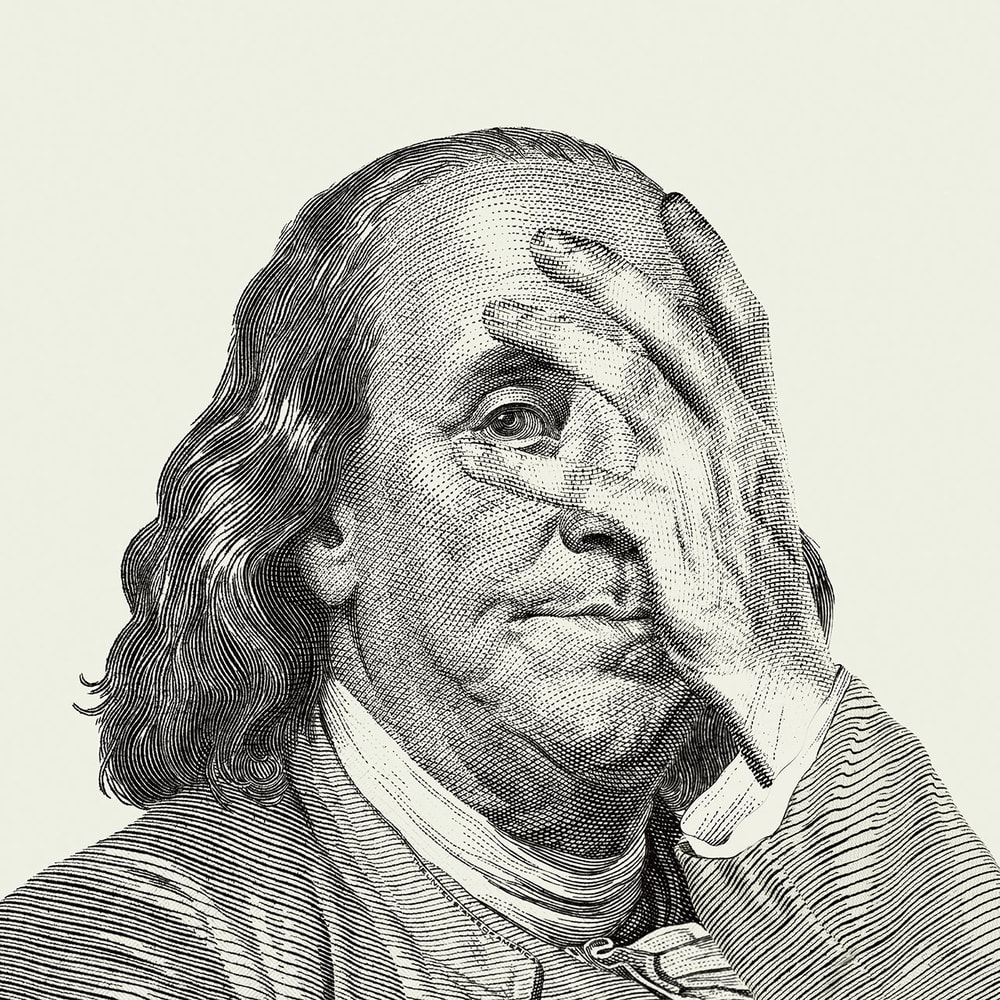
The first part of the course will focus on the different theories that have been formulated to explain the increase in prices, both in economics (quantity theory of money, Keynes’s monetary theory, rational expectations) and in political science (political theory of money).
The second part of the course will make use of the theoretical framework discussed in the first part to analyse case studies (also by relying on students’ presentations). Topics will include inflation during the two world wars, the 1920s hyperinflation, Bretton Woods and the international monetary system, inflation in the 1970s, the Great Moderation in the 1980s and 1990s, the European monetary system, the consequences of austerity in the EU after 2011, and cryptocurrencies. The final goal of the course is to develop an interpretative framework for inflation that accounts for the specificity of the historical context.
- Course owner: Paolo Bozzi